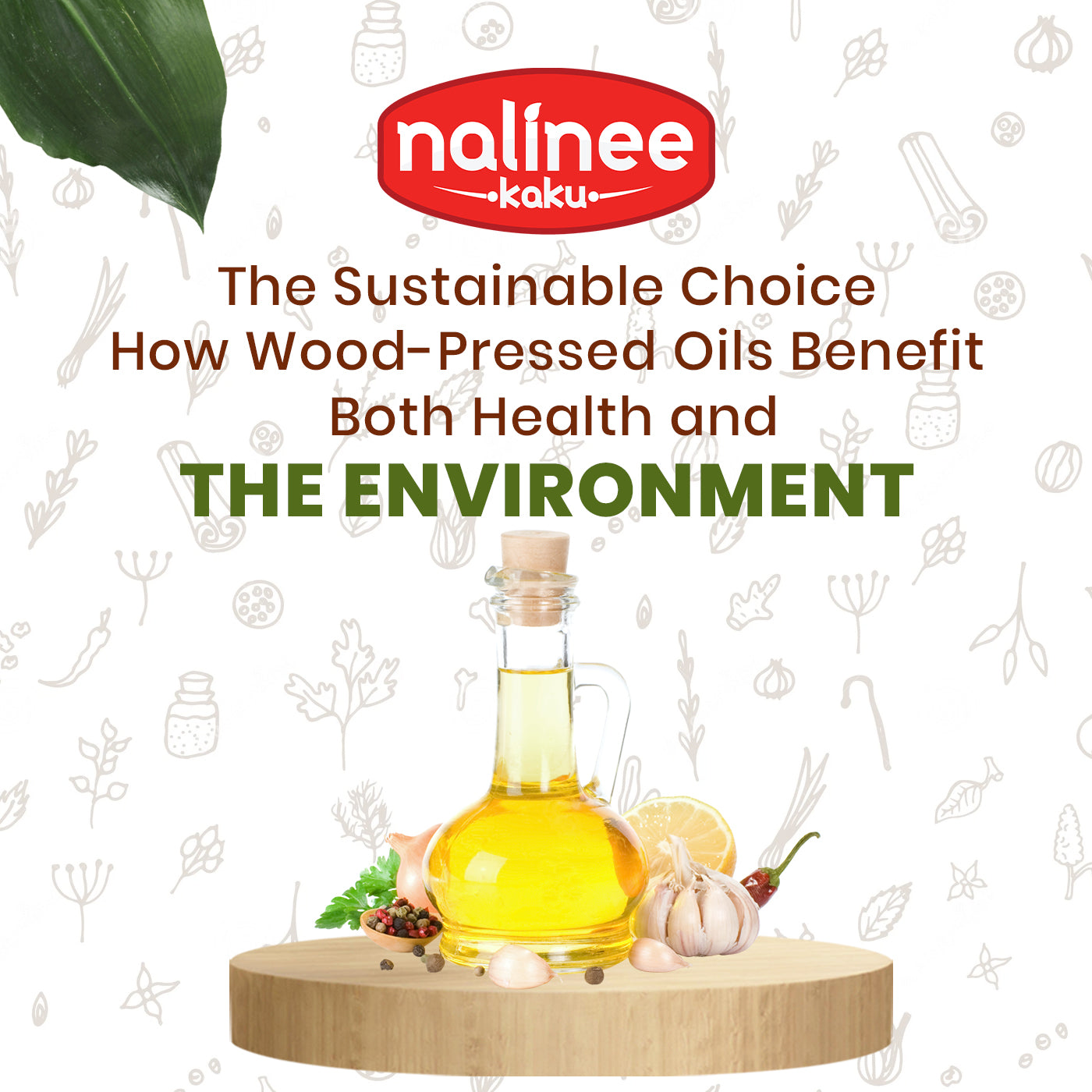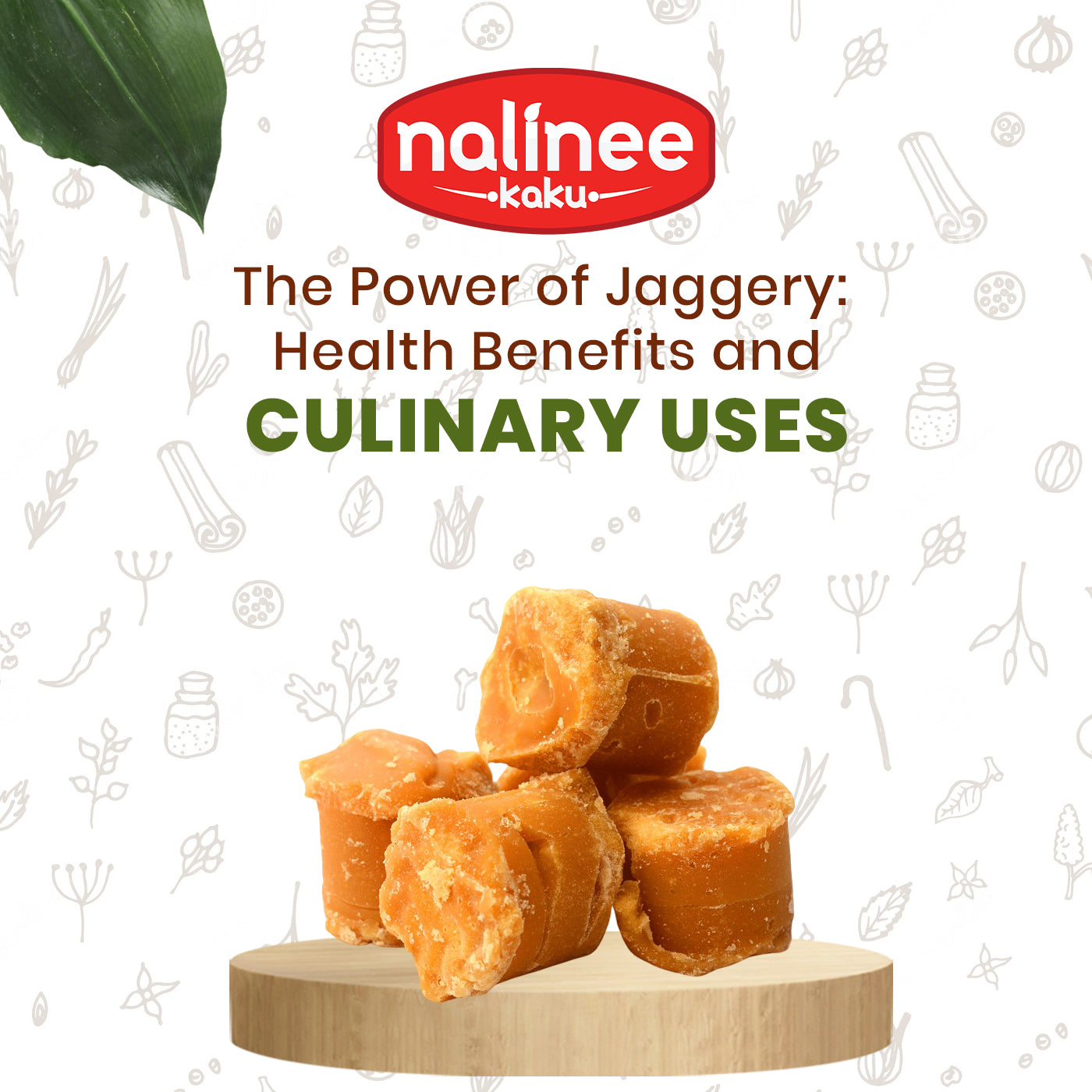The Sustainable Choice: How Wood-Pressed Oils Benefit Both Health and the Environment
Introduction
In an era of increasing environmental awareness, choosing sustainable products has become a priority for many consumers. Wood-pressed oils represent a sustainable choice that benefits both health and the environment. This blog explores how wood-pressed oils align with sustainable practices, their health benefits, and how they contribute to a healthier planet.
Health Benefits of Wood-Pressed Oils
a. Nutrient Preservation
Wood-pressed oils retain more nutrients compared to refined oils. The traditional extraction method preserves essential fatty acids, vitamins, and antioxidants that contribute to overall health. For example, cold-pressed olive oil retains high levels of monounsaturated fats and polyphenols that support heart health.
b. Digestive and Skin Health
Certain wood-pressed oils offer specific health benefits. Castor oil, for instance, supports digestive health with its mild laxative effect, while almond oil provides nourishment for the skin, improving texture and reducing inflammation. These health benefits make wood-pressed oils a valuable addition to a balanced diet and skincare routine.
Environmental Impact of Wood-Pressed Oils
a. Reduced Energy Consumption
The production of wood-pressed oils requires less energy compared to modern extraction methods. The traditional process uses wooden millstones and minimal heat, reducing the overall energy footprint of oil production. This contributes to a more sustainable and eco-friendly approach.
b. Lower Chemical Usage
Wood-pressed oils are free from chemical solvents and additives commonly used in refined oil production. This reduces the risk of chemical residues in the final product and minimizes the environmental impact associated with chemical processing.
c. Support for Traditional Practices
Many wood-pressed oils are produced by small-scale, local producers who use traditional methods. Supporting these producers helps preserve traditional practices and promotes the sustainability of local communities. By choosing wood-pressed oils, you contribute to the preservation of cultural heritage and support local economies.
Incorporating Wood-Pressed Oils into Your Lifestyle
a. Selecting Sustainable Oils
When choosing wood-pressed oils, consider factors such as production methods, sourcing practices, and environmental impact. Opt for oils that are produced using sustainable practices and support ethical sourcing.
b. Using Wood-Pressed Oils in Cooking
Wood-pressed oils can be used in a variety of culinary applications, from sautéing and frying to drizzling over salads. Their unique flavors and health benefits make them a versatile addition to any kitchen.
c. Educating Others
Share the benefits of wood-pressed oils with friends and family to raise awareness about sustainable cooking practices. Encourage others to make informed choices that support both their health and the environment.
Comparison with Modern Extraction Methods
a. Nutritional Differences
Modern extraction methods often involve high heat and chemical solvents that strip oils of their natural nutrients. Wood-pressed oils retain more vitamins, minerals, and antioxidants, making them a healthier choice.
b. Environmental Considerations
Wood-pressed oil production is generally more eco-friendly than industrial extraction methods. The traditional process requires less energy and fewer chemicals, contributing to a more sustainable approach to oil production.
Conclusion
Wood-pressed oils offer a sustainable choice that benefits both health and the environment. By incorporating these oils into your lifestyle, you support traditional practices, reduce your environmental footprint, and enjoy the health benefits of nutrient-rich, natural oils.



